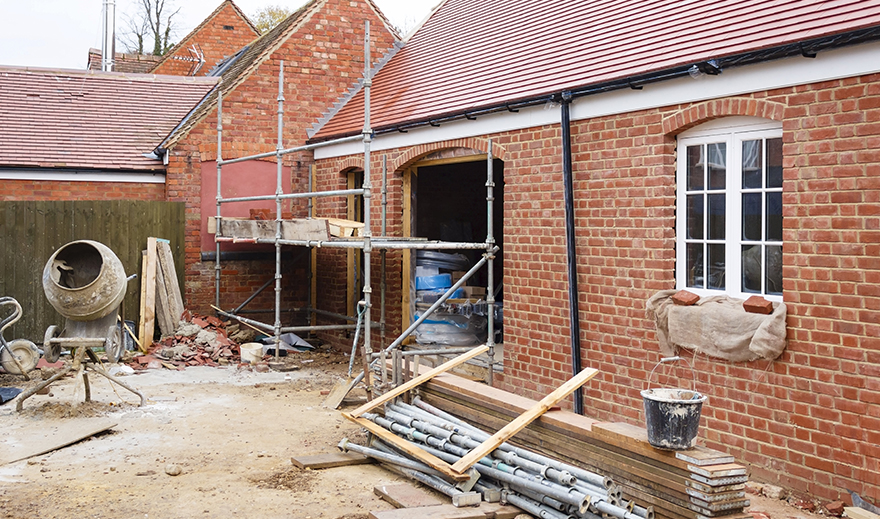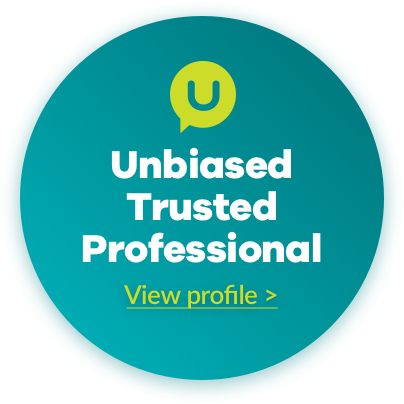What is a remortgage?
Our guide to remortgages aims to support you through the remortgaging process. Remortgaging is when you look to move from one mortgage deal to another, either staying with your existing lender or moving to a new one. As the years go by, you don’t necessarily have to stay on the same mortgage as the one you initially took out. Your personal circumstances will change over time, giving you reasons to remortgage.
You can read more on how to get remortgage ready HERE
Why do people choose to remortgage?
It’s always important to review your finances from time to time. Take a moment to consider your options and know that you’ve got a mortgage that fits your individual circumstances and needs.
Much like renewing your car insurance or shopping around for a good broadband deal, there will often be other mortgage rates out there that may be more suitable for you. The process of changing this is called a remortgage.
Some additional reasons that many choose to remortgage:
Many mortgages will have an initial period of fixed rates, which expires generally after either 2, 3 or 5 years. After which you would revert to a Standard Variable Rate (SVR) and end up paying a higher rate than you previously enjoyed. This is one of the most common reason homeowners choose to seek a remortgage.
Of course, a mortgage is likely to be the biggest financial commitment you’ll ever make. So there’s a few things you should consider before taking the plunge and seeking to remortgage.
If you’ve spotted a new deal out there, there’s a few things to check:
Product transfers
There are a few choices you can make when selecting new mortgage products. We list some key details below. Please do speak to us for more information. We can provide a full explanation of what each option means and how it can work for you.
Choosing a remortgage product
One of the more important tasks when renting out a property is finding the right kind of tenants. It could be counterproductive attracting tenants that require lots of your time and cause nothing but problems. Property location can dictate certain types of tenants, such as families seeking places close to schools and leisure facilities, or students close to a university.
Letting agents can assist in finding and vetting prospective tenants, securing references and performing credit checks for example. Their resource comes at a cost, but it can be money well spent if they avoid costly problems in the long run.
1. Repayment mortgage or an interest-only mortgage?
A repayment mortgage allows you to pay off the original sum, plus a portion of the interest each month. Whereas an interest-only mortgage lives up to its name with you paying just the interest for that period, and not the original sum borrowed, which still needs to be repaid after the mortgage term is completed.
Lenders often need solid reassurance that you have a plan in place to repay an interest-only mortgage. The result is they tend to be harder to obtain than a repayment mortgage. Relying on savings, future work bonuses or inheritance is risky, and not enough to reassure many lenders. Interest-only mortgages are more commonly used in buy-to-let or property development investments, with a clear business plan put in place.
2. Fixed rate or variable-rate mortgage?
Fixed rate mortgages
As implied, a fixed rate mortgage is tied to a specific interest rate. This is set out at the time the mortgage was established, and is fixed in place for a pre-determined period. This could be for 2 years, 3 years, 5 years or potentially longer. The benefit of a fixed rate mortgage is the fact that it does not change for that period. This is great for planning, stability and peace of mind around fixing your costs for a certain time ahead.
Interest rates can fluctuate, dependent upon the state of the economy and a wide range of external factors feeding into it. By their nature can be varied over time. If you have a fixed rate mortgage set when interest rates were generally low, then you would be protected against any sudden rises in bank interest rates. Consequently, you can continue paying the same repayments each month.
Variable-rate mortgages
Conversely, variable-rate mortgages broadly follow bank interest rates, moving up and down over time following global events and economic activity. This means that where we have seen unprecedented low interest rates in recent times, your variable rate mortgage repayments will be low to reflect this. However, should these start to rise again, your monthly repayments will rise alongside this.
Within variable-rate mortgages, there are different types further. A ‘Tracker’ mortgage will follow the Bank of England interest rate exactly. Whilst a ‘Standard Variable Rate’ (SVR) can be a few percentage points above the Bank of England interest rate.
There could also be opportunities to apply for Discounted rates. This is where lenders offer a few percentage points discount from the SVR for a pre-defined period of time. Finally, there are hybrid options of capped mortgage deals, variable rates but with caps to ensure the interest rate doesn’t fluctuate past a certain point.
Take advice
Given the range of different mortgage types available, we strongly recommend that you seek advice from a qualified professional mortgage adviser before proceeding. We will listen to your circumstances and make considered recommendations on the type of mortgage that may be most applicable to your circumstances.
Is there anyone who shouldn’t remortgage?
You may be seeking to remortgage as a means of saving money or to get a better deal? Be aware that for some, it is not always in their best interests, and sometimes your existing mortgage deal may be better than what you can find out there now. It all depends upon money, timing and personal circumstances.
For those reasons, it pays to do some research into your current mortgage terms, to examine whether you are best off not making any changes unless your circumstances make it essential to do so.
Getting ready to remortgage
Check how much you currently owe on your existing mortgage. You can either do this yourself using the documentation supplied by your lender, or we would be able to help you with this as part of the advice we give.
Seek professional advice
We’re ready to assist you in finding a new mortgage. With so many different deals available and lots of intricate elements to take account of, it makes sense to book an appointment with us to guide you on the next steps. We have access to thousands of deals from across numerous different lenders, many with exclusive rates you may not otherwise be able to find.
Want to stay in the loop?
Subscribe to our free newsletter






